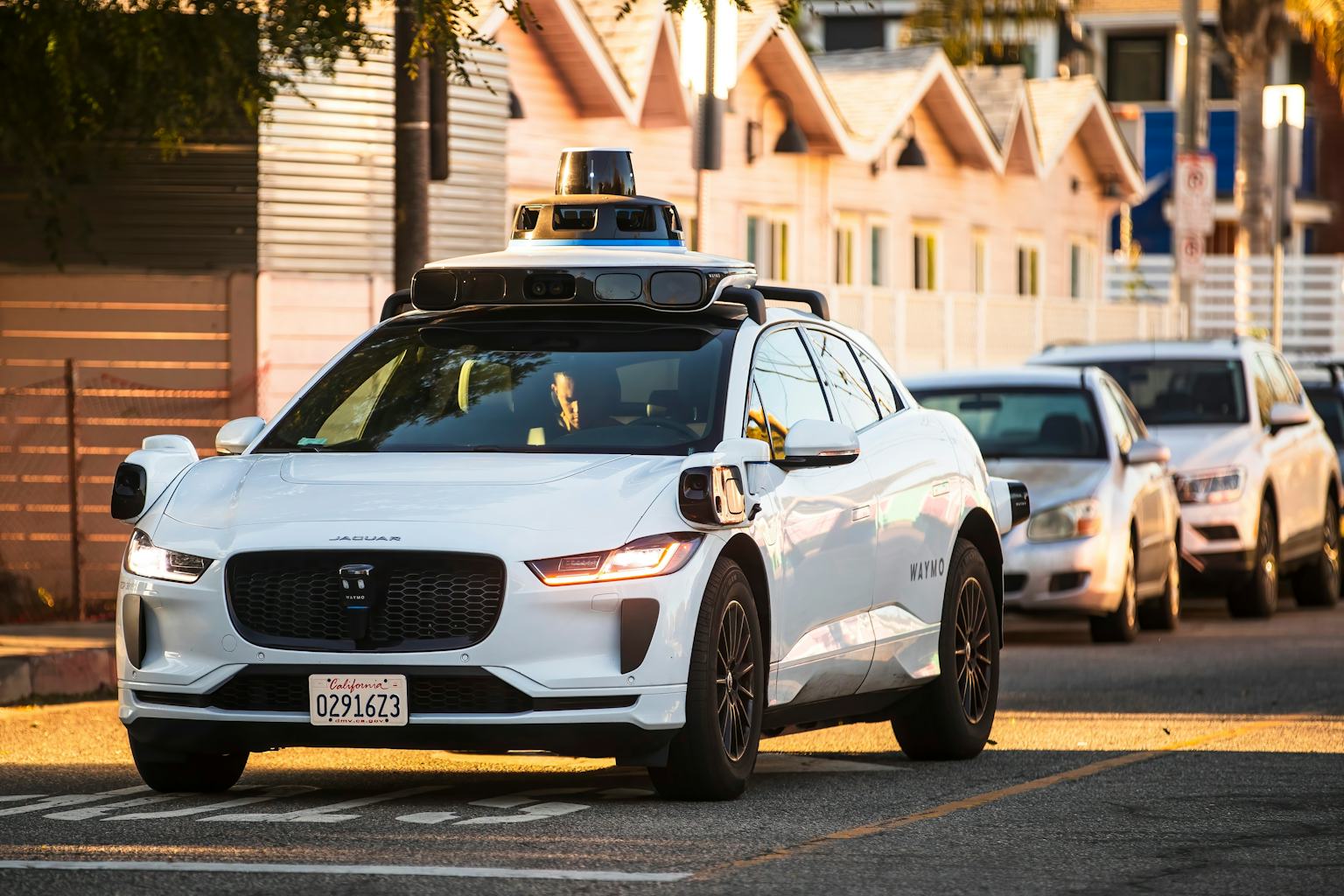The US-UK Tech Prosperity Deal, announced alongside a commitment of over £31 billion in private investment from US tech giants like Microsoft, Google, and Nvidia, has been hailed as a landmark agreement. Touted as a generational step to cement the Western technological alliance in AI, quantum computing, and civil nuclear power, the deal promises vast economic growth and tens of thousands of new jobs in the UK. However, beneath the political triumphalism lies a set of significant perils for the general public, including threats to digital sovereignty, the potential undermining of existing regulations, and mounting concerns over energy consumption and public accountability.
The Strategic Promise of Technological Supremacy
The primary stated goal of the Tech Prosperity Deal is to accelerate innovation and combine the resources of the two nations to secure technological supremacy in critical emerging fields like Artificial Intelligence (AI) and quantum computing. This is strategically framed as a necessary move in the global technological race, particularly with China.

The deal’s core promise rests on unprecedented private investment into UK infrastructure, particularly the construction of massive data centers and AI supercomputing capacity. This infusion of capital is expected to create an “AI Growth Zone” in regions like the North East, fostering high-skilled jobs and providing British researchers and startups with access to world-class compute and data sets that would otherwise be difficult to acquire. The partnership aims to solidify the UK’s position as a stable, allied jurisdiction for US tech giants.
The Peril to Public Safeguards and Regulation
While the deal promises prosperity, it carries a significant risk of eroding the UK’s regulatory autonomy and public safeguards. Reports suggest that US negotiators and Big Tech lobbyists are seeking concessions in future trade discussions, aiming to roll back parts of UK laws such as the Online Safety Act and legislation governing AI copyright.

There is a tangible political pressure to prioritize deregulation for the sake of “growth,” which could compromise UK efforts to enforce its own laws on tech giants, particularly regarding content moderation and data privacy. Furthermore, the UK’s Digital Services Tax (DST), which targets large, profitable tech corporations, is viewed as a major obstacle by the US, potentially leading to its elimination or a strained trade relationship. Conceding on these points risks aligning AI governance with corporate profit rather than public benefit.
Concerns Over Digital Sovereignty and Accountability
A major source of anxiety centers on digital sovereignty. By allowing US private interests to embed their technology deep within the UK’s public infrastructure—from the compute capacity for AI to systems in healthcare—the UK risks “laying the foundations of other countries’ successful technologies.” This dependence on American technology and the direction set by US-based companies raises serious questions about who ultimately controls the nation’s digital future and which interests are prioritized.
Additionally, the accountability framework remains vague. Deploying AI in public services, such as the National Health Service (NHS), is fraught with concerns over data governance, transparency, and trust. Without clear and rigorous oversight, critics fear that AI systems could be aligned to partisan or private interests rather than the broad, democratic needs of the public.
The Environmental and Social Cost
Finally, the focus on rapid, large-scale infrastructure build-out overlooks the serious environmental cost and the risk of unfulfilled job promises. The energy footprint of massive new data centers is substantial, raising concerns about the deal’s impact on the UK’s climate goals and the national power grid.

While proponents herald “tens of thousands of jobs,” historical evidence suggests that job creation from highly automated tech facilities is often overstated. The general public could be left to shoulder the environmental toll and energy demands of this new infrastructure while only experiencing limited, unevenly distributed benefits. The deal, therefore, presents a crucial test for the UK government: whether it can chase the promise of technological growth without compromising public protection and long-term sustainability.










